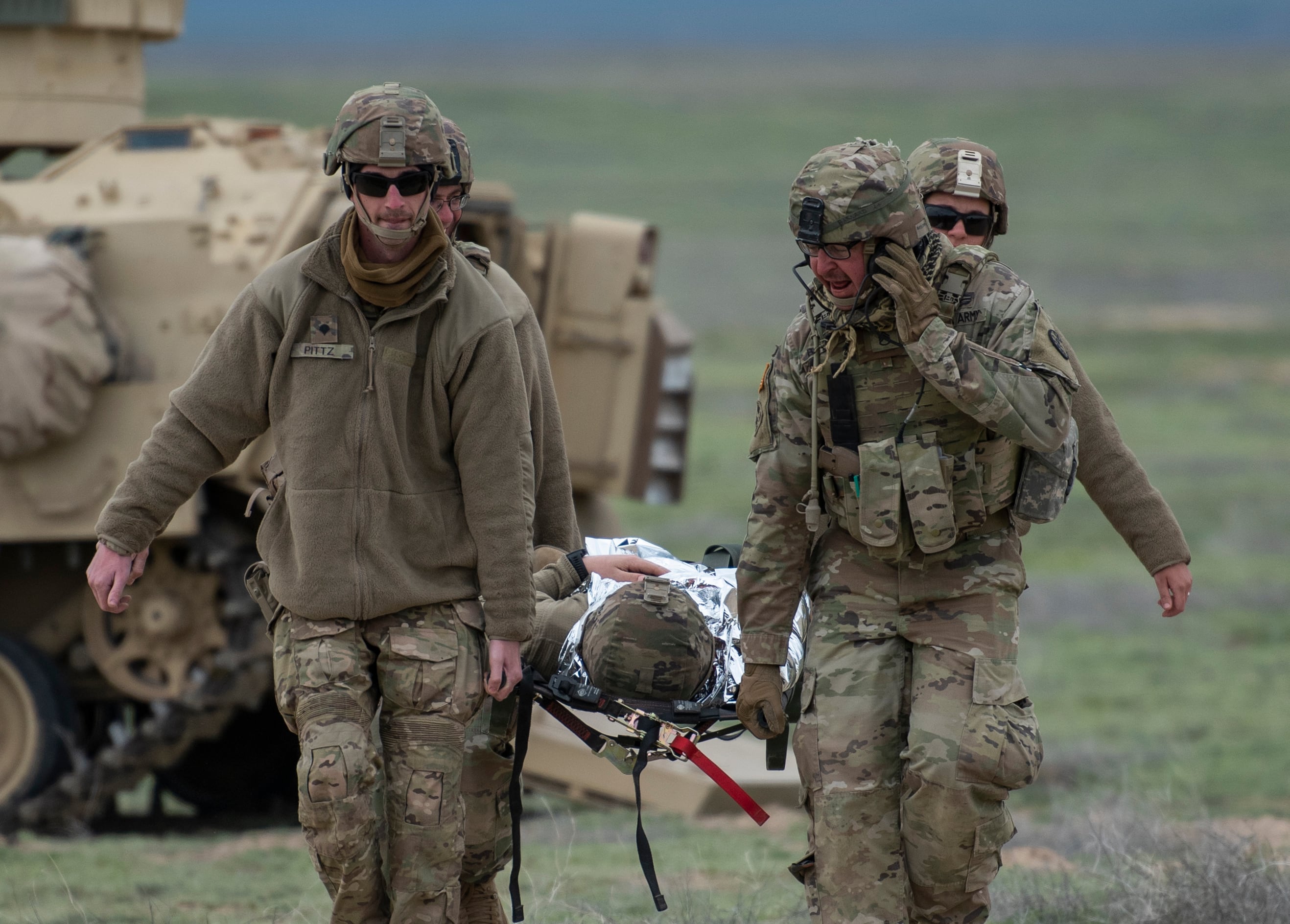2015 saw the government's Office of Personnel Management get hacked — with fingers pointing at the Chinese — and the personal information of potentially millions of federal workers get stolen.
The breach is one of the reasons the Pentagon has been pouring more and more resources into the cyber realm to bolster U.S. defenses, as well as offensive military capabilities.
"The biggest challenge is clearly the pace, the sophistication and the proliferation of cyber threats, against not just the Department of Defense but really against the nation," said Maj. Gen. Ed Wilson, head of Air Forces Cyber.
U.S. Cyber Command, headed by Adm. Michael Rogers, has seen its budget skyrocket the past few years, going from $200 million in 2013 to more than $500 million expected in 2016.
The Air Force is also looking at ways to retain and reward airmen who are experts in this highly coveted field, including potential re-signing bonuses of more than $50,000.
Air Force Secretary Deborah Lee James said the service is "looking at different pay scales, perhaps different bonus authorities, maybe waiving some of the existing rules, trying some pilot programs," in an effort to grow the cyber workforce.
The Pentagon is looking to create 133 cyber teams by 2018 that would work on a variety of strategic cyber missions and respond to cyber attacks. The Air Force is responsible for 39 of the teams, and as of December, about half of them had been stood up, with more expected to be brought online in 2016.
Chief Master Sgt. of the Air Force James Cody said he doesn't believe the service will have any trouble recruiting talent.
"I think we offer some pretty exciting opportunities that you're clearly not going to get to do some other places," he said. "We're going to get to do some stuff that other people don't."





